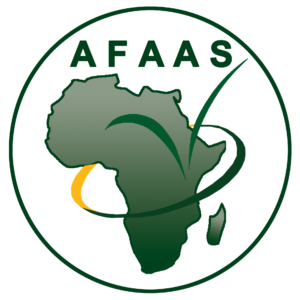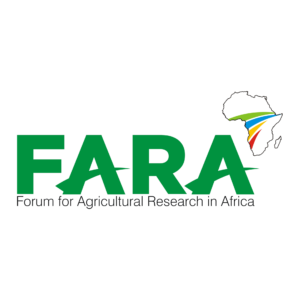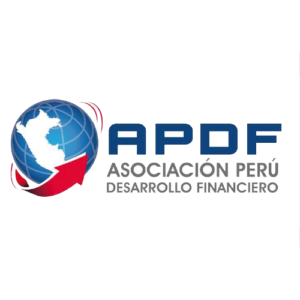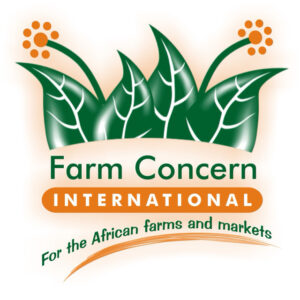Our Partners

Match Maker Group (MMG) is a private-sector group of companies, consisting of: Match Maker Associates Ltd (MMA; 2003); Match Maker Fund Management Ltd (MMFM; 2011) and SME Impact Fund (T) Ltd (SIF; 2017). The companies are registered in Tanzania and at the Chamber of Commerce in the Netherlands, and have offices in Arusha and Dar es Salaam. MMG has worked in more than 15 countries in eastern and southern Africa. Its core business is to deliver innovative business consultancy and financial services to small- and medium-sized enterprises (SMEs), smallholder farmers and their organizations.
MMG strives to enhance the lives of women, youth and other disadvantaged groups by increasing productivity, profitability and disposable incomes. MMG achieves its goals by unlocking opportunities provided through participation in value chains and collective business strategies, such as working in business groups and cooperatives. MMG has managed its own SME Impact Fund (five million US dollars) for more than five years. Its core competencies include value chain development, business development services, smallholder commercialization, market access, business strategy and planning, and SME and smallholder business training. Its business model focuses on value chain and market system development, and impact financing for the ‘missing middle’ SMEs. Its long-term strategy is to continue the effective linkage between its financial and non-financial services/packages. MMG has significant experience in a wide range of agricultural value chains including cereals, legumes, staples, roots and tubers, livestock, dairy, fisheries, poultry, mariculture, and horticulture.
Clients include donors supporting private-sector development, government ministries, research organizations, large companies and SMEs. Project donors include Comic Relief, the International Fund for Agricultural Development (IFAD), Cordaid, the African Guarantee Fund, and the Dutch Ministry of Foreign Affairs. Several MMG projects target women and youth across different value chains.
MMG’s interest in partnering with Ag-Connectors is to collaborate strategically on the design and acquisition of complementary competencies in project implementation, and to establish links with donor partners and social investors, with the aim of further supporting the development of agricultural value chains with long-term funding and impact.
Further details about MMG’s work can be found here: http://www.matchmakergroup.com/
MMG strives to enhance the lives of women, youth and other disadvantaged groups by increasing productivity, profitability and disposable incomes. MMG achieves its goals by unlocking opportunities provided through participation in value chains and collective business strategies, such as working in business groups and cooperatives. MMG has managed its own SME Impact Fund (five million US dollars) for more than five years. Its core competencies include value chain development, business development services, smallholder commercialization, market access, business strategy and planning, and SME and smallholder business training. Its business model focuses on value chain and market system development, and impact financing for the ‘missing middle’ SMEs. Its long-term strategy is to continue the effective linkage between its financial and non-financial services/packages. MMG has significant experience in a wide range of agricultural value chains including cereals, legumes, staples, roots and tubers, livestock, dairy, fisheries, poultry, mariculture, and horticulture.
Clients include donors supporting private-sector development, government ministries, research organizations, large companies and SMEs. Project donors include Comic Relief, the International Fund for Agricultural Development (IFAD), Cordaid, the African Guarantee Fund, and the Dutch Ministry of Foreign Affairs. Several MMG projects target women and youth across different value chains.
MMG’s interest in partnering with Ag-Connectors is to collaborate strategically on the design and acquisition of complementary competencies in project implementation, and to establish links with donor partners and social investors, with the aim of further supporting the development of agricultural value chains with long-term funding and impact.
Further details about MMG’s work can be found here: http://www.matchmakergroup.com/
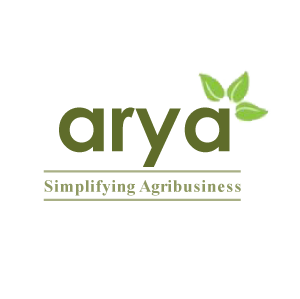
Arya Collateral Warehousing Services (P) Ltd is an agribusiness value chain integrator based in India, which provides supply chain solutions to end-users. It works with smallholder farmers and their organizations with the aim of increasing their income from agricultural production. It facilitates the establishment of financial and market linkages between value chain participants, banks and development actors, and uniquely operates in the smaller primary and secondary agricultural markets that have so far been neglected by formal players. Arya has a widespread footprint in India, covering about 17 Indian states, and has also made initial forays into leveraging its expertise to work in Africa. It has been working mostly on non-perishable value chains, but it has also ventured into offering services in some fruit and vegetable value chains.
Through its role as a collateral manager, Arya has facilitated 400 million US dollars of warehouse receipt financing for banks in India. It manages 2.2 million tonnes of commodities per year for end-users and other stakeholders and has also facilitated financial and market linkages for fifty thousand smallholder farmers through associations with 450 farmer producer organizations (FPOs). One of its projects has included the capacity building of ten thousand women farmers in post-harvest management, and the training of 150 women agri-entrepreneurs. Arya has developed a market linkage blueprint for FPOs in India through the creation of viable FPO clusters. Its key expertise includes its ability to integrate value chains and work with clients on the fringes of financial and market inclusion. It has recently set up Aryadhan, a non-banking financial company, to address the missing financial linkages and to foster such inclusion. Arya brings together an effective mix of knowledge and implementation expertise.
Arya’s interest in partnering with Ag-Connectors is to shift the focus of its work to women, girls and youth. It also aims to strengthen its knowledge base on agricultural value chains through exposure to international best practices. Finally, it expects to become more efficient in accessing resources to support the implementation of activities with smallholder farmers in agricultural value chains.
For further details about Arya’s work, see: https://www.aryacma.co.in/index.html
Through its role as a collateral manager, Arya has facilitated 400 million US dollars of warehouse receipt financing for banks in India. It manages 2.2 million tonnes of commodities per year for end-users and other stakeholders and has also facilitated financial and market linkages for fifty thousand smallholder farmers through associations with 450 farmer producer organizations (FPOs). One of its projects has included the capacity building of ten thousand women farmers in post-harvest management, and the training of 150 women agri-entrepreneurs. Arya has developed a market linkage blueprint for FPOs in India through the creation of viable FPO clusters. Its key expertise includes its ability to integrate value chains and work with clients on the fringes of financial and market inclusion. It has recently set up Aryadhan, a non-banking financial company, to address the missing financial linkages and to foster such inclusion. Arya brings together an effective mix of knowledge and implementation expertise.
Arya’s interest in partnering with Ag-Connectors is to shift the focus of its work to women, girls and youth. It also aims to strengthen its knowledge base on agricultural value chains through exposure to international best practices. Finally, it expects to become more efficient in accessing resources to support the implementation of activities with smallholder farmers in agricultural value chains.
For further details about Arya’s work, see: https://www.aryacma.co.in/index.html
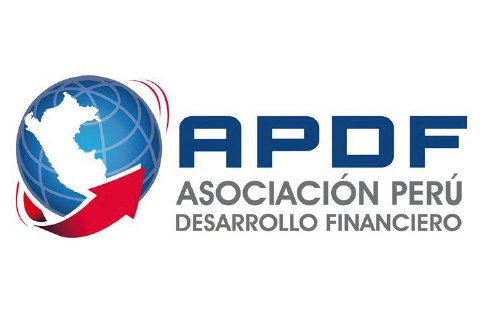
Asociación Peruana de Desarrollo Financiero (Peruvian Financial Development Association; APDF) is a civil society organization, set up in accordance with Peruvian legislation to support entrepreneurial activities of families in rural and peri-urban areas, and improve their quality of life. It provides these families, directly or indirectly, with economic and educational support to develop their productive capacities, and facilitate their commercial and financial integration, with the aim of increasing their income, productivity and sales, and generating economic development. Located in Lima, Peru, APDF comprises eight permanent and a varying number of project-based staff members. It currently operates in several provinces of Peru and covers coffee and various other value chains in its activities.
Over the past ten years, APDF has been engaged in value chain development activities in several countries in Central America, providing capacity development services to smallholder households, fostering financial inclusion and supporting participation in sustainable value chains. APDF operates in public-private partnerships and promotes socially responsible investment in rural regions. The fundamental components of APDF’s approach include (a) training rural families and youth in business management, financial management and productive management; (b) conducting value chain studies; (c) supporting the development of cooperative structures; and (d) contributing to sustainability and environmental conservation. An example of APDF’s work is its involvement, together with eight financial institutions, in a programme financed by the United States Agency for International Development (USAID) in Peru, which provided training and facilitated the provision of more than 18,000 loans (to the value of 53 million US dollars) to micro- and small-scale rural enterprises. As another example, APDF has been supporting organic coffee producers in developing cooperatives and value chains that target domestic consumption.
APDF’s interest in partnering with Ag-Connectors is to sharpen the focus of its work and impact beyond smallholder households, especially with respect to women, girls and youth. It expects to strengthen its knowledge base on agricultural value chains, through exposure to international best practices, and by incorporating measurement and learning aspects in its work.
For further details about APDF’s work, see: https://www.apdfgroup.com
Over the past ten years, APDF has been engaged in value chain development activities in several countries in Central America, providing capacity development services to smallholder households, fostering financial inclusion and supporting participation in sustainable value chains. APDF operates in public-private partnerships and promotes socially responsible investment in rural regions. The fundamental components of APDF’s approach include (a) training rural families and youth in business management, financial management and productive management; (b) conducting value chain studies; (c) supporting the development of cooperative structures; and (d) contributing to sustainability and environmental conservation. An example of APDF’s work is its involvement, together with eight financial institutions, in a programme financed by the United States Agency for International Development (USAID) in Peru, which provided training and facilitated the provision of more than 18,000 loans (to the value of 53 million US dollars) to micro- and small-scale rural enterprises. As another example, APDF has been supporting organic coffee producers in developing cooperatives and value chains that target domestic consumption.
APDF’s interest in partnering with Ag-Connectors is to sharpen the focus of its work and impact beyond smallholder households, especially with respect to women, girls and youth. It expects to strengthen its knowledge base on agricultural value chains, through exposure to international best practices, and by incorporating measurement and learning aspects in its work.
For further details about APDF’s work, see: https://www.apdfgroup.com
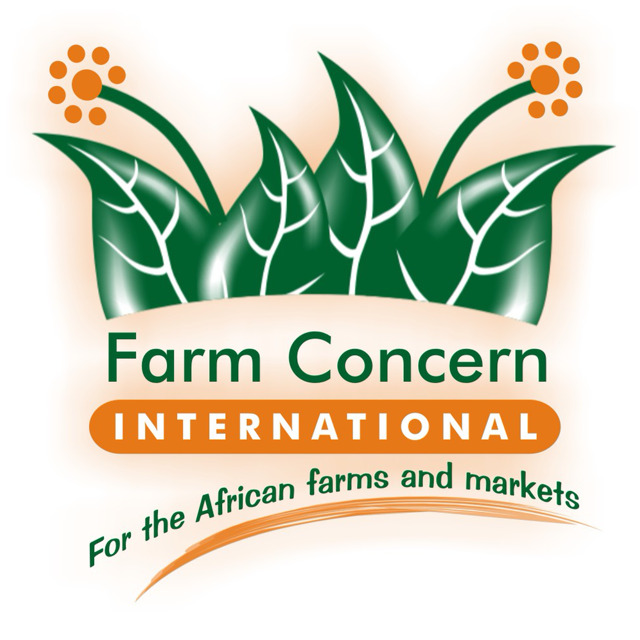
Farm Concern International (FCI) is an Africa-wide agricultural market development agency specialized in value chain analysis, smallholder commercialization and markets. FCI is registered as a development trust; it has its headquarters in Nairobi, and its activities cover 24 countries across eastern, southern and western Africa. Since its establishment in 2004, FCI has implemented 121 programmes, impacting 18 million smallholder farmers and agro-pastoralists. The FCI team consists of 24 senior management staff, 148 technical programme staff and 2,450 frontline staff members (comprising market and trade facilitators, and commercial village trade facilitators). FCI uses a private sector-like approach to promote smallholder market participation, with one trade facilitator for every three to five commercial villages, and one market facilitator for every ten buyers. FCI has partnered with 139 development organizations through its innovative business model, the Commercial Village Model (CVM), a multi-value chain approach to scaling smallholder commercialization. The model is embedded with a real-time data capture process for documenting evidence and impact. As a last-mile delivery system, FCI works with groups of villages clustered as Commercial Zones of 10,000 farmer, facilitating effective aggregation, marketing, and access to inputs. Within CVM, FCI has designed a unique pathway to unlock and promote opportunities for the empowerment of women and youth across the value chains.
Commercial villages focus on value chains that include cereals, legumes, staples, roots and tubers, livestock, dairy, fisheries, poultry and horticulture. The CVM structure fosters capacity building and facilitates access to social and economic capital, with the aim of meeting market demands efficiently and sustainably. As an example, 115,491 smallholder households made sales worth more than 969 million US dollars from the commercialization and marketing of domestic horticulture and staple crops in Tanzania, Kenya, Malawi and Rwanda, over a five-year period. FCI also provides consulting services and technical assistance in the following areas: value chain analysis, market research, enterprise incubation and capacity development. FCI has developed capacity-building materials, such as audio books, videos, prints and illustrations, and training aides in local dialects and major languages.
FCI’s goal is to unlock the scale-up potential of the CVM through enhanced digitization of service provision; and to reach 100 million farmers across Africa by 2030. FCI is pursuing a strategic partnership with Ag-Connectors to co-create interventions, engage in joint fundraising and to enhance its profile and visibility as a key implementer in smallholder commercialization through value chains across Africa.
For further information and examples of FCI’s work, see: https://www.farmconcern.org.
Commercial villages focus on value chains that include cereals, legumes, staples, roots and tubers, livestock, dairy, fisheries, poultry and horticulture. The CVM structure fosters capacity building and facilitates access to social and economic capital, with the aim of meeting market demands efficiently and sustainably. As an example, 115,491 smallholder households made sales worth more than 969 million US dollars from the commercialization and marketing of domestic horticulture and staple crops in Tanzania, Kenya, Malawi and Rwanda, over a five-year period. FCI also provides consulting services and technical assistance in the following areas: value chain analysis, market research, enterprise incubation and capacity development. FCI has developed capacity-building materials, such as audio books, videos, prints and illustrations, and training aides in local dialects and major languages.
FCI’s goal is to unlock the scale-up potential of the CVM through enhanced digitization of service provision; and to reach 100 million farmers across Africa by 2030. FCI is pursuing a strategic partnership with Ag-Connectors to co-create interventions, engage in joint fundraising and to enhance its profile and visibility as a key implementer in smallholder commercialization through value chains across Africa.
For further information and examples of FCI’s work, see: https://www.farmconcern.org.

Grad Consulting Group is a for-profit group based in Ouagadougou, Burkina Faso, with business coverage across West and Central Africa, in particular in Burkina Faso, Togo, Benin, Ghana, Cote d’Ivoire, Guinea, Chad, Senegal, Niger, Mali, and Nigeria. It was established in 2002, and currently has 15 full-time staff and numerous consultants in each country, with core competences in agricultural value chain development, agricultural production, rural entrepreneurship and natural resource management. It has an annual budget of 1.2 – 2 million US dollars, through funding from international development agencies including the International Fund for Agricultural Development (IFAD), the Bill & Melinda Gates Foundation, AGRA and African networks such as CORAF/WECARD and governments. GRAD has successfully established provincial-level aggregation centres (i.e. collective marketing, credit access, collective purchase of inputs) in Burkina Faso managed by farmers’ organizations.
Through such aggregation, farmers’ organizations can compete for institutional markets such as the World Food Program (WFP) and the Economic Community of West African States (ECOWAS). GRAD also won the 2018 Best Rural Innovation Prize from the Burkinabe Ministry of Science for facilitating the production of local crop threshers (e.g. maize, sorghum, cowpea, rice and beans) by local producers. The group supported the training of young entrepreneurs to become local producers of these threshers. Currently, there are five local producers, who make between two and ten machines each annually. The machines, which have a capacity of 2.5 tonnes per hour, are sold to private businesses or cooperatives. The main clients of GRAD are smallholder farmers and agricultural service providers, such as input dealers and marketing agents. GRAD facilitates the implementation of development projects, focusing on i) capacity building/coaching to ensure the use of technologies and practices (eg. for soil management and seed production); ii) developing business models to access financing and other farm inputs; and iii) conducting thematic studies on project feasibilities, policies and impacts. The key commodities of these projects are crops, livestock, and non-timber products (e.g. shea butter, honey).
GRAD’s interest in partnering with Ag-Connectors is to jointly develop and implement initiatives in West and Central African countries, harnessing the potential of ecological diversity for improved production, value addition, marketing and nutrition of its key commodities. GRAD aims to draw on Ag-Connectors’ diverse expertise and be coached on how to tap various opportunities for empowering women and youth in value chains.
Further details about GRAD’s work can be found (in French) here: http://gradcg.com/index.php/fr/
Through such aggregation, farmers’ organizations can compete for institutional markets such as the World Food Program (WFP) and the Economic Community of West African States (ECOWAS). GRAD also won the 2018 Best Rural Innovation Prize from the Burkinabe Ministry of Science for facilitating the production of local crop threshers (e.g. maize, sorghum, cowpea, rice and beans) by local producers. The group supported the training of young entrepreneurs to become local producers of these threshers. Currently, there are five local producers, who make between two and ten machines each annually. The machines, which have a capacity of 2.5 tonnes per hour, are sold to private businesses or cooperatives. The main clients of GRAD are smallholder farmers and agricultural service providers, such as input dealers and marketing agents. GRAD facilitates the implementation of development projects, focusing on i) capacity building/coaching to ensure the use of technologies and practices (eg. for soil management and seed production); ii) developing business models to access financing and other farm inputs; and iii) conducting thematic studies on project feasibilities, policies and impacts. The key commodities of these projects are crops, livestock, and non-timber products (e.g. shea butter, honey).
GRAD’s interest in partnering with Ag-Connectors is to jointly develop and implement initiatives in West and Central African countries, harnessing the potential of ecological diversity for improved production, value addition, marketing and nutrition of its key commodities. GRAD aims to draw on Ag-Connectors’ diverse expertise and be coached on how to tap various opportunities for empowering women and youth in value chains.
Further details about GRAD’s work can be found (in French) here: http://gradcg.com/index.php/fr/
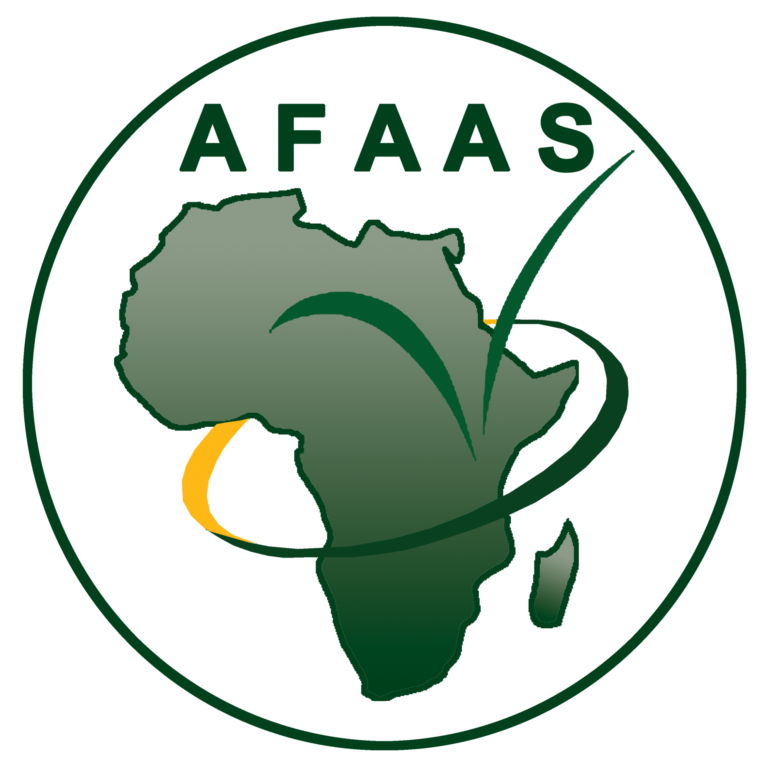


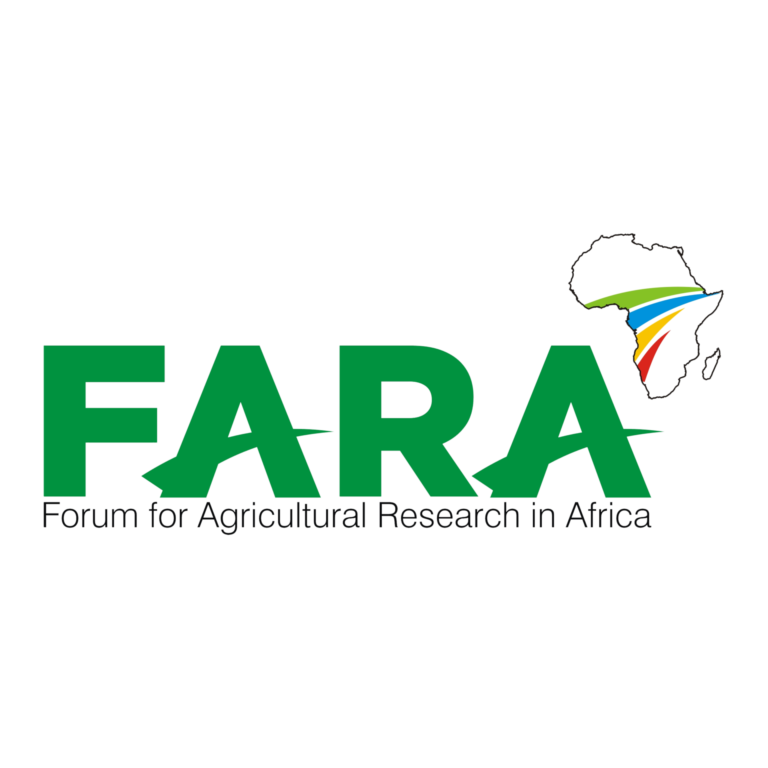



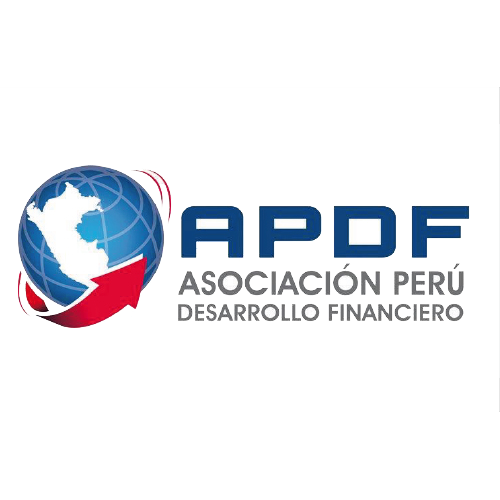


Connect with us

Cornelis Anthoniszstraat
18-2 1071 VT Amsterdam
The Netherlands
engage@ag-connectors.org
The Netherlands’ Chamber of Commerce: 72011130

